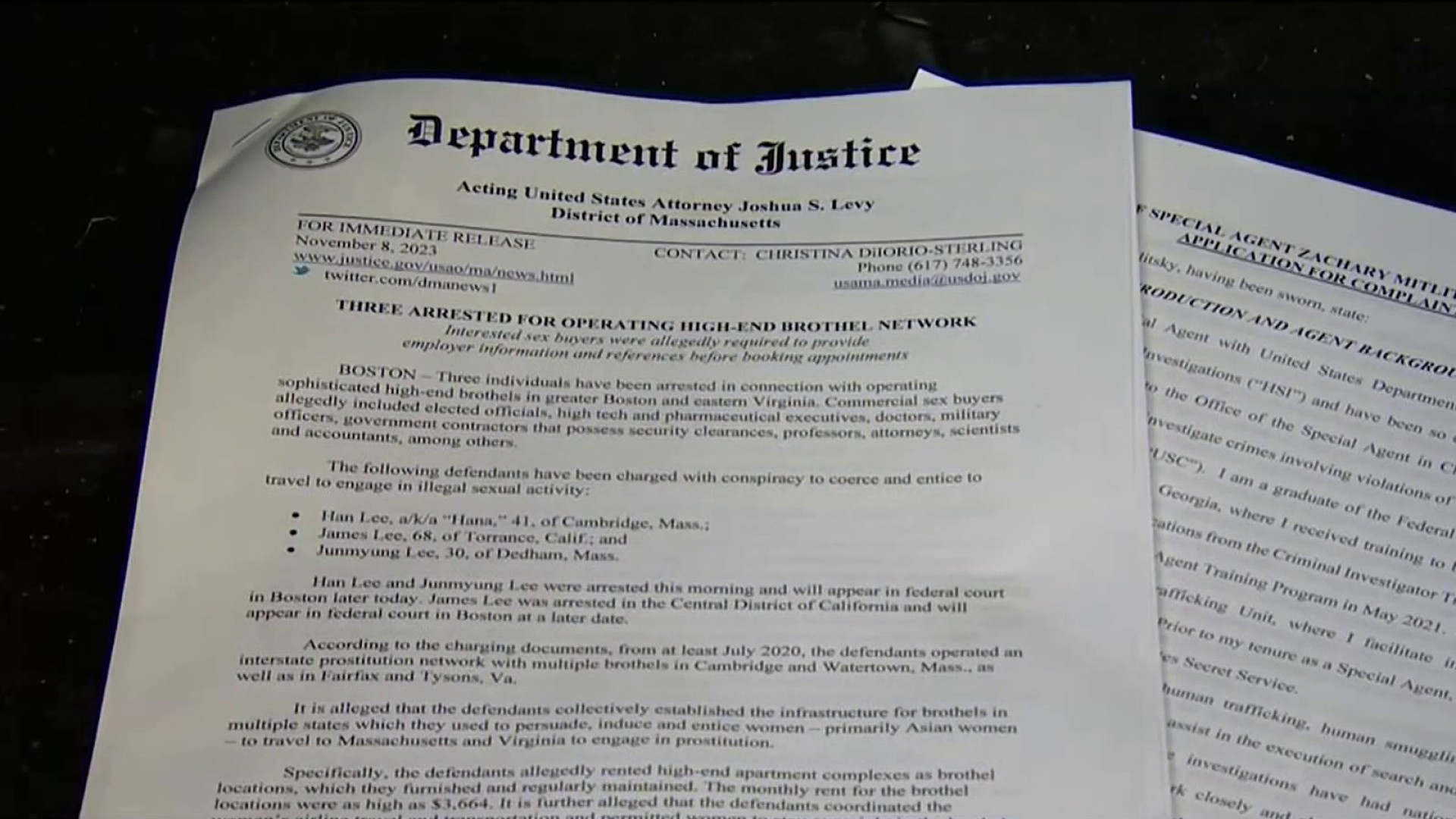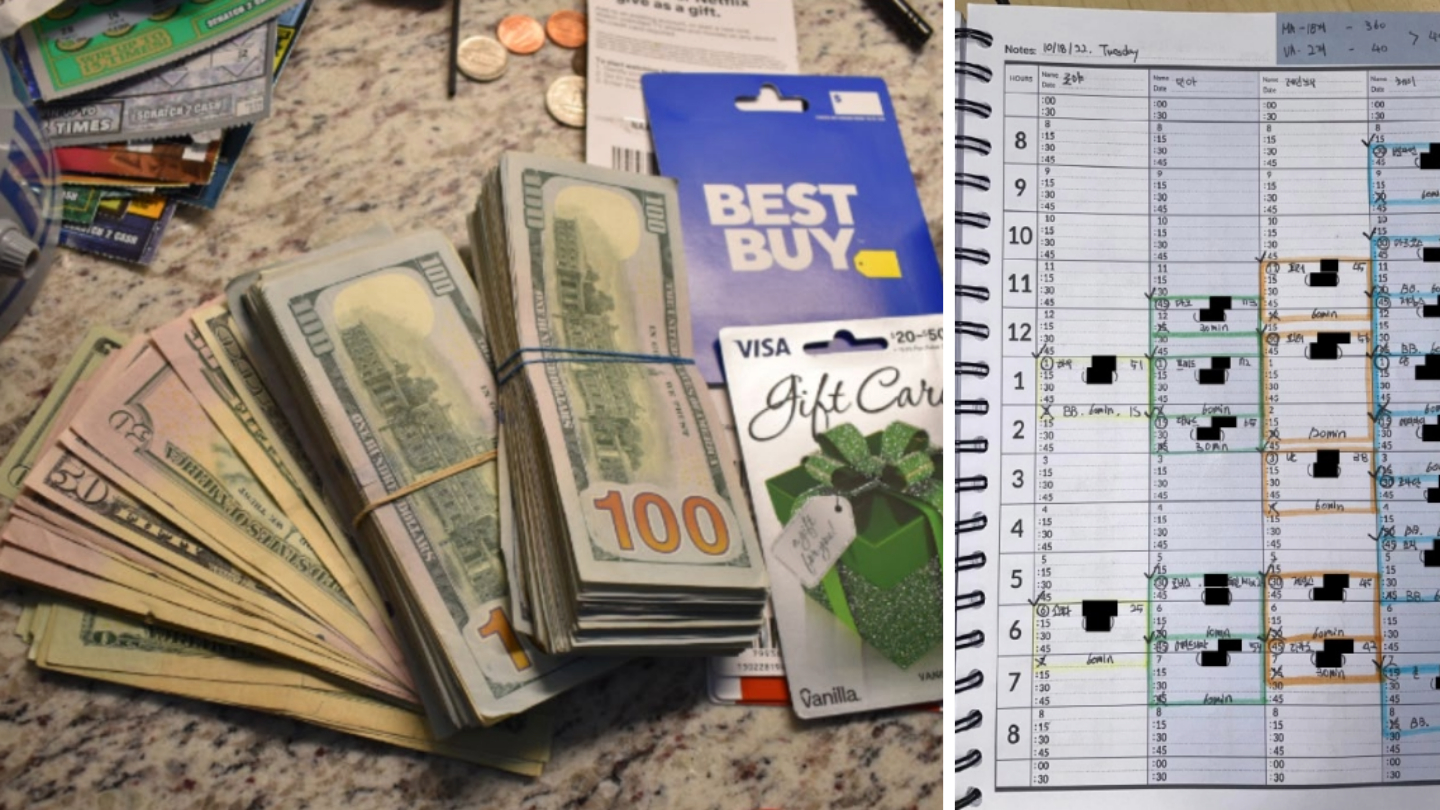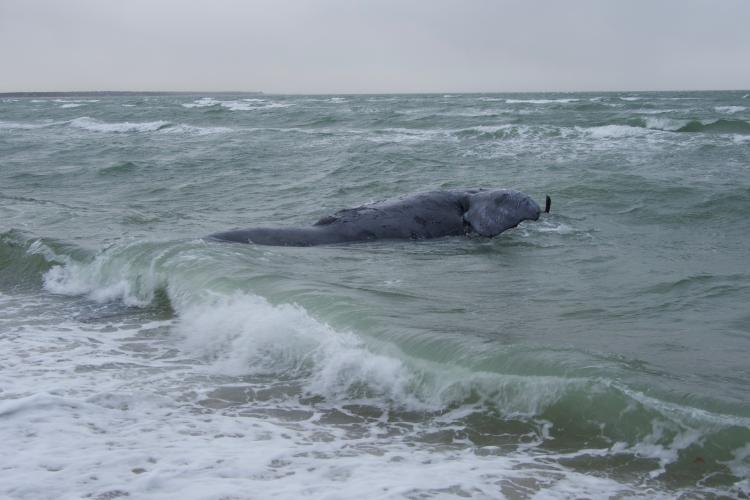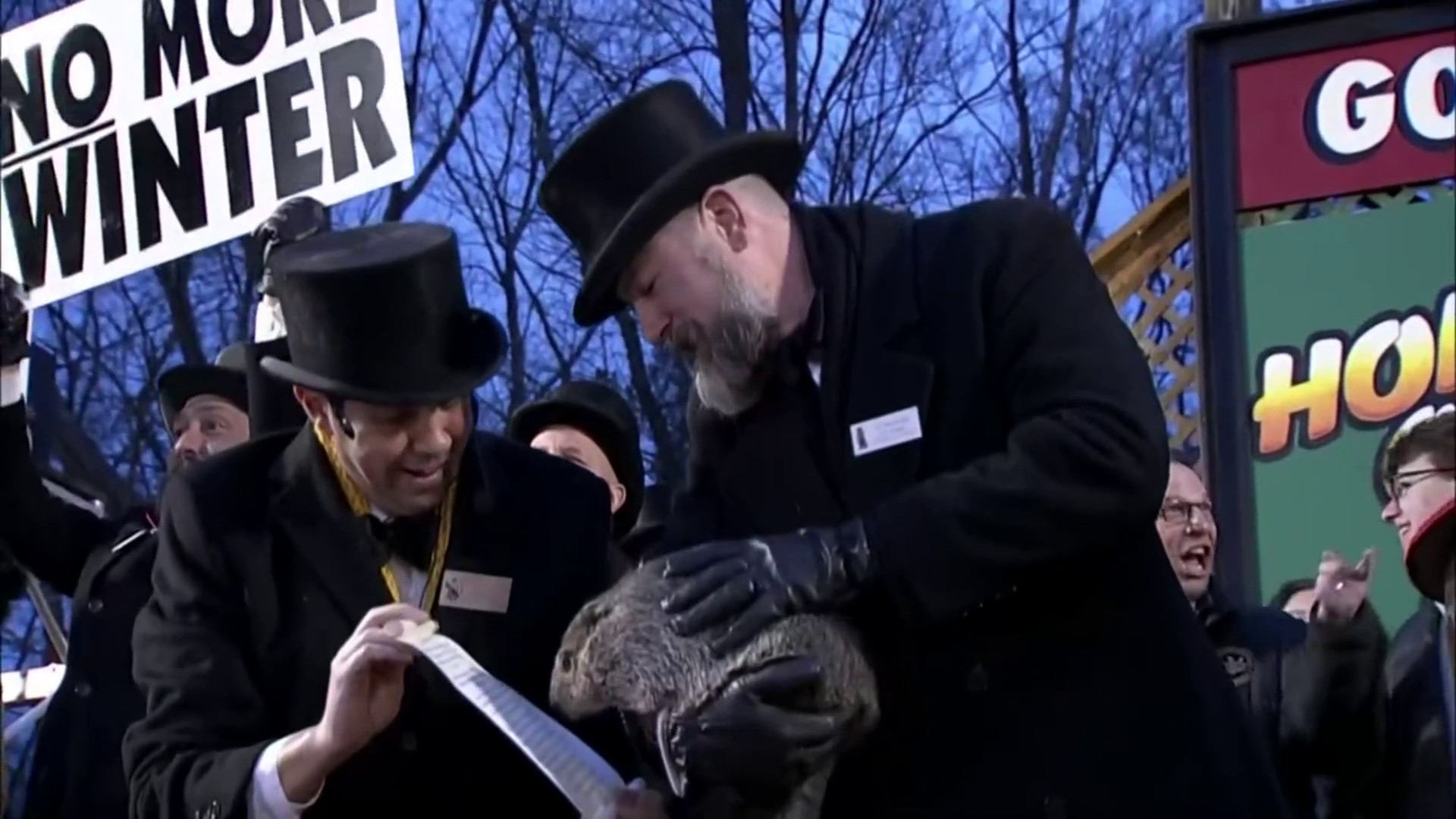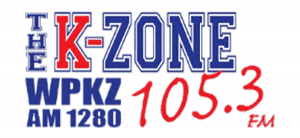Initial hearings for 28 people accused of paying for sex at high-end brothels operating in the Boston area will be open to the public, a justice on Massachusetts’ highest court wrote Friday.
But documents in the case will be sealed before the hearings to protect private information for anyone for whom probably cause is not established at the hearings, Supreme Judicial Court Justice Frank Gaziano ruled.
The ruling allows the show cause hearings, a concept unique to Massachusetts’ criminal justice system that allows people accused of misdemeanors who haven’t been arrested to have closed-door hearings with clerk magistrates, be opened to the public. They are typically held behind closed doors, but The Boston Globe, WBUR and NBC10 Boston had appealed to make these hearings open.
More than half of the 28 people set for show cause hearings, accused brothel clients whose names have not been released, had appealed to keep the hearings private, saying they were not public figures and were entitled to privacy before misdemeanor charges of sex for a fee were filed.
“Opening the show cause hearings to the public, as she found, promotes transparency, accountability, and public confidence in the judiciary by demonstrating that each individual accused of these crimes, no matter their station in life, is treated equally,” Gaziano wrote.
But he agreed with a finding from the clerk magistrate of Cambridge District Court that keeps the applications for complaint in the cases sealed, writing, “the disclosure of extraneous personal information could create ‘collateral consequences for the individuals involved, and gratuitously expose non-public information that would otherwise remain private for those persons for whom no probable cause is established.’”
The date of the show cause hearings has not yet been set.
Also Friday, a federal grand jury brought indictments against the three people previously arrested on suspicion of running the brothels, which prosecutors say operated in Cambridge and Watertown, Massachusetts, and Fairfax and Tysons, Virginia, near Washington, D.C.
The brothels were frequented by politicians, professors, military officers and pharmaceutical executives, acting U.S. Attorney Joshua Levy of Massachusetts.
But lawyers for 13 of the accused clients argued that they were not public figures like political office holders or in key government positions.
NBC10 Boston joined with the Globe and WBUR in seeking to make the hearings public, as the clerk magistrate had initially moved to do, arguing that there was public interest in learning more about the case, which had already generated headlines.
